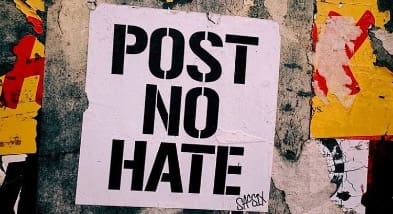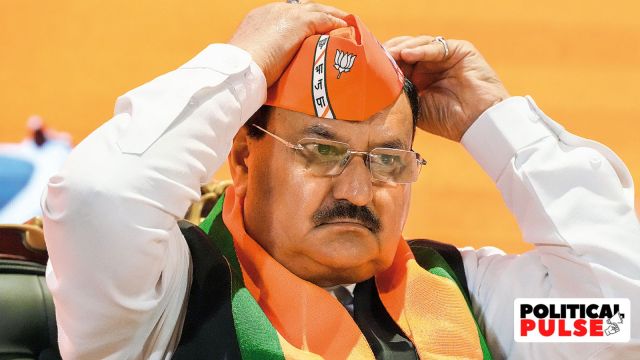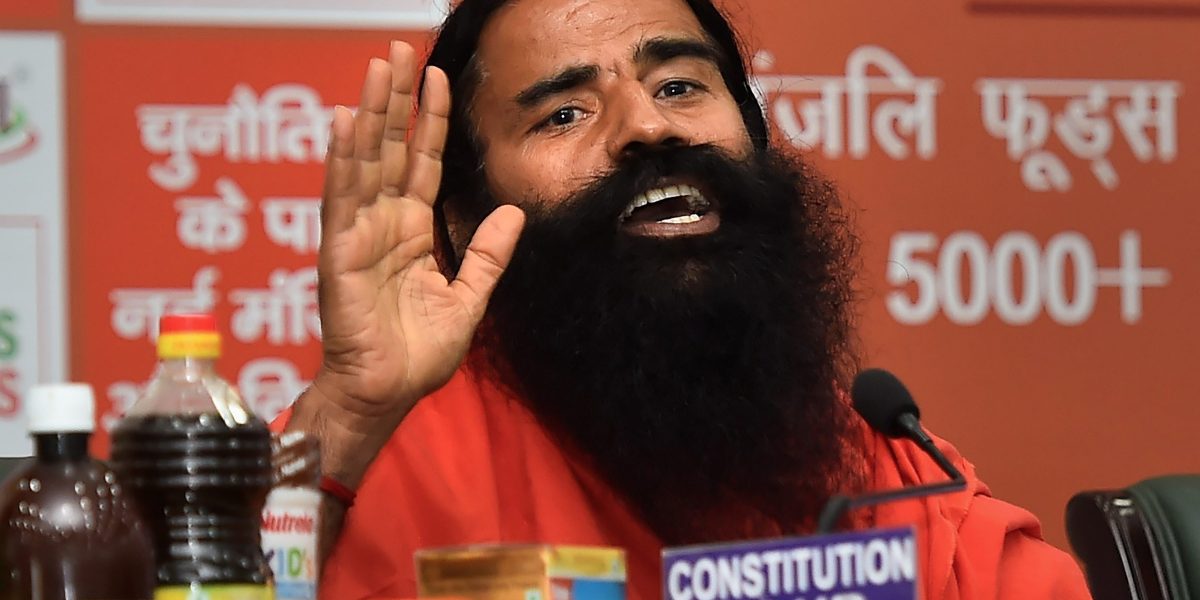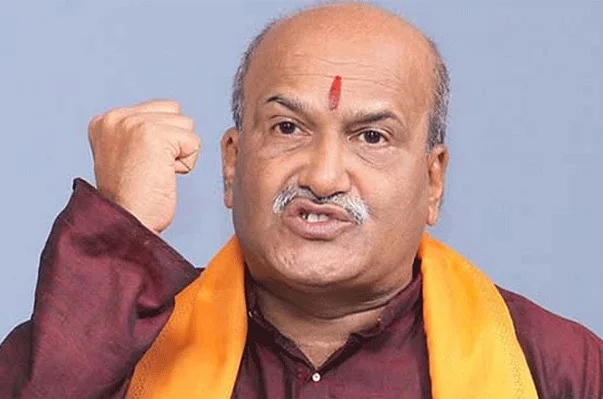
By Neeti Nair
The recent assembly of so-called sadhus at Haridwar in Uttarakhand has called for the mass murder of Muslims. The videos of the vitriolic, hate speeches have now been in circulation for a few days, and have been analysed by the media in some measure. Yet, with Covid surging and election news dominating headlines, this latest avalanche of hate speech has already begun to drop off the front pages of newspapers. We neglect this new low at our peril.
A little over 50 years ago, in May 1970, Lok Sabha witnessed a gloves-off contest between two ideas of India, one represented by the poet and rising star of the then Jana Sangh, Atal Bihari Vajpayee, and the other represented by Prime Minister Indira Gandhi. During the discussion on communal disturbances in the country, Vajpayee declared “We should understand two things. Whatever the reason, our Muslim friends are becoming more communal (sampradayavadi) and in reaction Hindus are becoming more angry (ugra). For 700-800 years we have had a tradition (parampara) of accepting violence.” Coming in the wake of the horrific riots in Allahabad, Ranchi, Bhiwandi, Jalgaon, Jabalpur, Vajpayee’s speech flew in the face of evidence that Hindus would not, as he claimed, “start the violence”. Indira Gandhi, who usually let speeches be given uninterrupted, intervened to let Vajpayee know that he was saying things that would “deeply hurt all minorities” and that his speech would “create a bad atmosphere in the country.” In response, Vajpayee asked her to “resign and get out” and accused her of heading a minority government.
When elections were called the following year in early 1971, Vajpayee predicted that even if 95 per cent of rickshaw pullers voted for Indira’s Congress, supporting her on bank nationalisation, 95 per cent of Hindus would vote for the Jana Sangh on the Hindu-Muslim issue.
As it happened, the Jana Sangh’s tally was reduced from 44 to 22 seats. Indira’s Congress won 352 seats in the Lok Sabha. Analysing this rout, the right-wing journal Organiser, which had predicted a massive victory for the Jana Sangh, now editorialised that they had made a mistake in contesting on finer points: “People in the mass understand and appreciate only bold actions.” It also concluded that her victory was “purely personal. There is no organisation or ideology behind it. Ideological parties like Jana Sangh may lose battles, but not the war. For while individuals may come and go, ideology abides.”
So, should the recent juggernaut of the BJP, successor to the Jana Sangh, propelling its way through parts of India, be read as evidence that the Organiser was right after all, and that the Opposition had no ideology behind it? Why did so many Hindus vote for Indira’s Congress in 1971? Was it because they supported her populist measures alone? Did ideology have nothing to do with her victory? It is notoriously difficult to read into the many factors that affect decision-making when individuals vote, and we know this to be true from so many exit polls that have gone wrong. Historians can only rely on the evidence of strong speeches and campaign manifestoes and there, Indira’s Congress put up a good show. The preceding year had also seen a long-drawn debate on “Indianisation” — a thinly veiled attack on the patriotism of Indian Muslims.
Whereas at the national convention of the Jana Sangh in Patna in December 1969, Indianisation was defined as the “subordination of all narrow loyalties like those of religion, caste, region, language or dogma to the over-riding loyalty to the nation of all fissiparous elements, especially of those with extra-territorial loyalties… to the two-nation or multi-nation theory”, in Parliament, Vajpayee held that Indianisation was simply “a bid to make India strong”, to make sure India did not depend on the Americans or the Russians in determining her foreign policy. He went on to say that India did not become a Hindu rashtra after Independence because our sanskriti did not give us permission to do so. Secularism, he argued, was not “a slogan or innovation of the Congress party; this is a mantram created out of the culture of this country.” He lamented that secularism had come to mean “Hindu-virodh” and declared that the prime minister too needed to be Indianised.
When it was the prime minister’s turn to reply to the debate, she acknowledged her absence in Parliament when Vajpayee had spoken. Therefore, she had read his speech in “cold print” wherein “his true intentions come out better when shorn of his ringing cadences.” She thought “his theory… not quite so innocent.”
“Who will judge the quantum or the quality of Indianness of any individual? … We remember vividly the havoc caused in America by some people who declared other Americans to be un-American and, in the entire world, when some Germans maintained that other Germans were un-Aryan and, therefore, un-German. … the test of any statement is not how you yourselves interpret it, but what impact it has on the people about whom you make that statement. … I have given a good deal of time to Shri Vajpayee’s thoughts because I think that they merit it. I have tried to see through his words, behind his sweet phrases and his beautiful Hindi,” she said.
Indira’s English was no less beautiful. There was, in the pre-Emergency years, a clarity to her conviction. Whether it came from her advisers or speech-writers such as P N Haksar is not entirely the point. She knew what she stood for, and it was in the service of such an idea that she passed legislation through Parliament such as Section 153B of the Indian Penal Code that criminalised the actions of anyone who “asserts… or publishes that any class of persons shall by reason of their being members of any religious … or regional group … be denied … their rights as citizens of India.” It is a different matter that the courts have not lived up to their promise, letting the hate speech and hate-filled editorials of Bal Thackeray in the 1990s go unpunished, despite such laws.
Yet, the will to secular practice, whether in Vajpayee’s elaboration of secularism or Indira’s defence of it when “secular” was formally inserted into the preamble to India’s Constitution in 1976, has been limited to the realm of beautiful language. This latest iteration of diabolical hate speech against Muslims, on the eve of another momentous election campaign, should remind us that dangerous speech has consequences. The courts, the police, and the Election Commission of India ignore them to our collective peril.
This story first appeared on indianexpress.com






